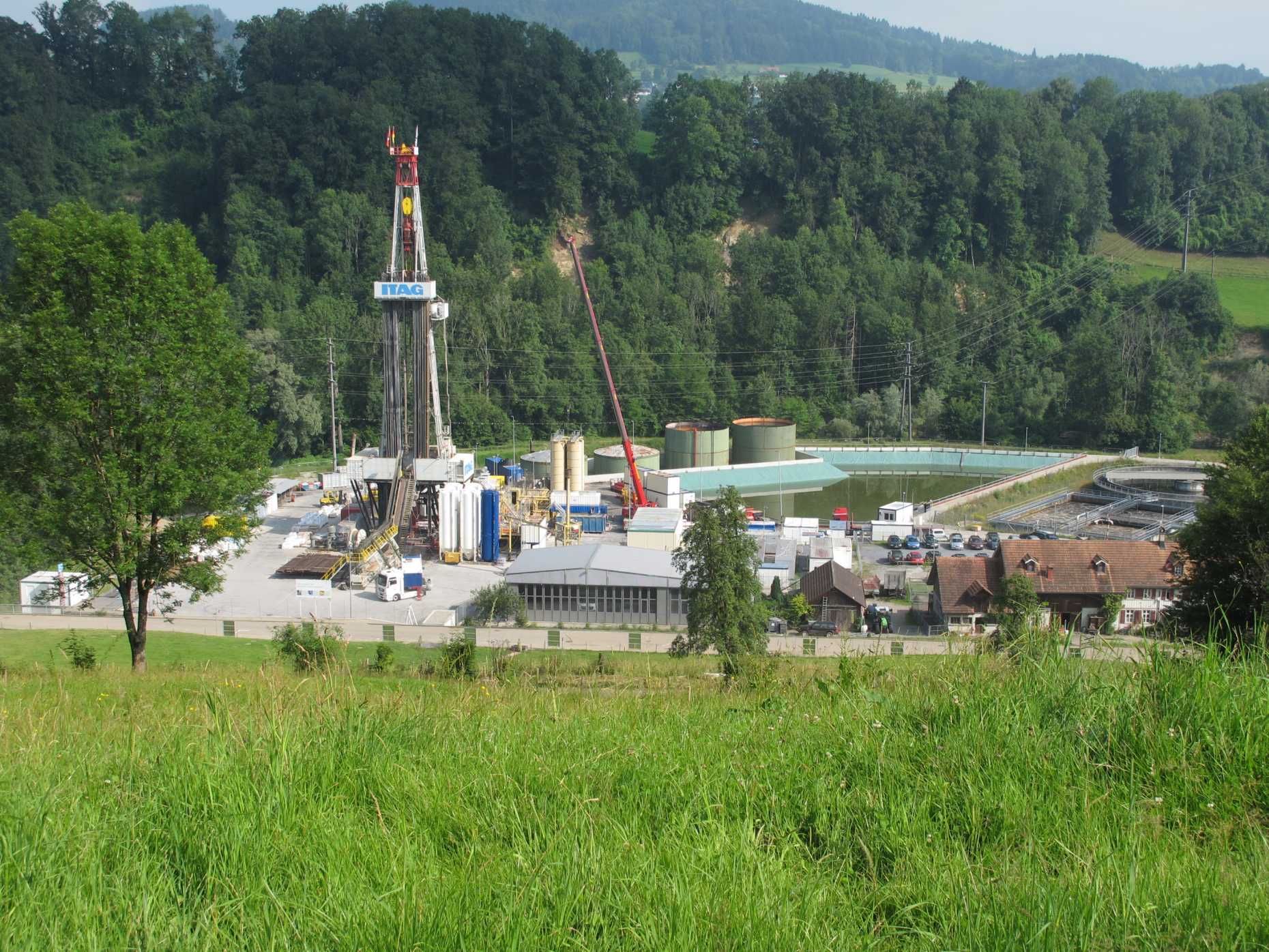Deep Geothermal Energy: the St. Gallen project
A case study on the communication of risks and benefits, taking a “sender and receiver” model as framework.

A teaching course called “Transdisciplinary Case Study” has been organized at ETH Zurich, within the Masters program in Environmental Sciences. Master students retrospectively analyzed the project of St. Gallen, stopped in 2014, which had the goal to develop a deep geothermal energy system. It would have allowed the vast heat resources that reside at depths of several kilometers to be mined for electricity and heat production.
The focus of the case study was on the communication of risks and benefits, taking a “sender and receiver” model as framework to structure the project. The two working groups were concentrated on these two aspects of the model: the project management (sender) and the citizens of St. Gallen (receiver).
The most important elements about the communication of risks and benefits that can be learned from the St. Gallen project are firstly the importance of transparent communication and readily accessible information to the citizens from the very beginning. Furthermore, when the risks of the project were communicated, there was always an emphasis on the measures in place to deal with them. One characteristic of the communication of the St. Gallen project was its emotional dimension: the positive elements of the project seemed to have been greatly emphasized, and the public felt the clear engagement of the project developers. The project can certainly be used as a best-practice at the level of communication and public involvement.
More details about the project are available.
The ESC member involved in this project is Prof. Dr. Michael Stauffacher, Co-Director of USYS TdLab
The USYS TdLab develops new educational and research approaches to solve complex problems at the interface between academia and society. The TdLab works with teachers and researchers to plan and execute projects involving multiple disciplines and stakeholders. Through its teaching programs, the TdLab trains students to apply their scientific expertise to tackle complex societal problems that advance sustainable development. The TdLab provides a forum in which researchers discuss issues related to sustainability with stakeholders from civil society, politics, and the private and public sectors. The TdLab promotes intra- and interdepartmental dialogue and provides a platform to identify emerging issues related to society and the environment.